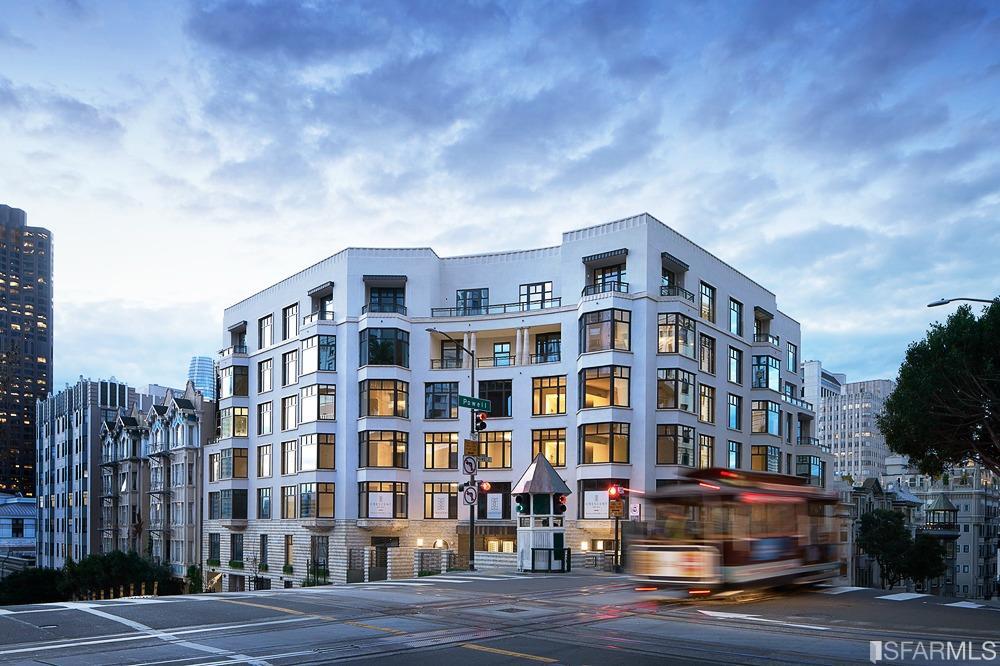The Function of an HOA in Establishing and Enforcing Neighborhood Standards for Homeowners
The duty of a Homeowners Organization (HOA) in implementing and establishing area standards is basic to preserving a organized and cohesive property setting - hoa condo. By developing clear guidelines that govern facets such as residential property upkeep and neighborhood conduct, the HOA not only establishes criteria for locals however also cultivates a feeling of belonging and responsibility. However, the application of these standards can offer various difficulties, questioning concerning interaction, justness, and area engagement. As we check out these complexities, it ends up being evident that the effect of an HOA extends far past mere rule enforcement.
Recognizing House Owners Organizations
Homeowners associations (HOAs) function as controling bodies for domestic communities, playing a vital duty in keeping property worths and fostering a feeling of neighborhood. Normally formed by programmers, HOAs are composed of homeowners within an assigned area who choose a board to oversee the association's activities. The main features of an HOA consist of imposing neighborhood guidelines, handling typical areas, and organizing neighborhood events.
HOAs run under a set of regulating records, consisting of commitments, restrictions, and conditions (CC&R s), which describe the civil liberties and responsibilities of property owners. These policies aim to ensure that residential or commercial properties are preserved to a specific requirement, consequently shielding the aesthetic allure and general value of the community. Furthermore, HOAs commonly collect dues from home owners to money upkeep, landscape design, and other community services.
The existence of an HOA can substantially influence the living experience within an area (hoa condo). While some locals value the organized setting and features provided, others might find certain policies restrictive. Balancing the rate of interests of all property owners is crucial for an HOA to function effectively, guaranteeing that it offers its desired objective of enhancing area living while appreciating individual homeowner rights
Developing Community Guidelines

To begin, an HOA should carry out studies or convene that allow locals to articulate their recommendations and worries. This participatory procedure promotes a feeling of ownership and increases conformity. Next, the HOA board must assess the feedback to determine common themes and priorities that require official incorporation in the guidelines.
It is also important to guarantee that the standards are clear, concise, and conveniently recognized. Obscurities can bring about problems and misunderstandings, undermining the purpose of the guidelines. Furthermore, the guidelines should be extensive, covering numerous facets of community living, consisting of property upkeep, sound levels, and use usual locations.
Enforcement of Regulations
Effective enforcement of community rules is essential for maintaining order and making certain that all locals comply with the developed guidelines. An HOA must apply a structured technique to implement these guidelines, which frequently involves a mix of monitoring, communication, and charges for non-compliance.
First, routine inspections and neighborhood patrols can aid determine infractions, ensuring that policies are consistently applied throughout the community. This aggressive monitoring permits the HOA to deal with problems prior to they rise, promoting a sense of liability among homeowners.
Second, clear communication is crucial. Locals must be use this link informed of the regulations and the procedures for reporting violations. An open line of interaction motivates residents to voice issues and look for clarification on guidelines, which can enhance conformity.

Lastly, when offenses take place, the HOA has to apply effects as outlined in the controling documents. This may consist of warning letters, penalties, or, in serious instances, legal activity. It is vital that charges are used rather and constantly to preserve count on within the community. By successfully implementing policies, an HOA can cultivate an unified living setting that reflects the cumulative values of its residents.
Benefits of HOA Laws
Countless benefits emerge from the implementation of HOA guidelines, which serve to boost the lifestyle within an area. One main advantage is the upkeep of residential or commercial property values. By enforcing requirements for aesthetic appeals and upkeep, HOAs make sure that homes and usual areas stay attractive, fostering a desirable living setting that can bring about raised property values over time.
In addition, HOA regulations promote consistency and uniformity within the community. This comprehensibility in design and upkeep aids to create a feeling of belonging among locals, adding to area satisfaction and a positive environment. Established guidelines promote dispute resolution among next-door neighbors by giving clear expectations and procedures for actions, thus decreasing disputes.
One more significant advantage is the arrangement of shared services and services. Lots of HOAs handle community centers such as you could try these out parks, pools, and clubhouses, which enhance leisure opportunities for homeowners. These facilities not just enhance the lifestyle yet likewise encourage social communication.
Inevitably, the guidelines set forth by an HOA grow an efficient, unified community, ensuring that homeowners appreciate a high requirement of living while cultivating a helpful environment for all home owners.
Common Difficulties Encountered by HOAs
Amidst the advantages that home owners associations (HOAs) can provide, they likewise experience a selection of obstacles that can prevent their efficiency. One considerable concern is the lack of resident involvement. Numerous property owners may not join conferences or neighborhood activities, bring about a detach in between the HOA board and citizens. This disengagement can lead to misconceptions regarding community standards and an absence of support for enforcement initiatives.
Disputes can occur when homeowners really feel that enforcement is inconsistent or prejudiced, potentially leading to problems within the neighborhood. Furthermore, HOAs commonly deal with economic restrictions, which can limit their ability to keep common areas or fund community tasks.
Moreover, navigating legal intricacies can be intimidating for HOAs. They must make certain compliance with state regulations while managing their own controling papers, which can be a resource of complication. Last but not least, advancing and transforming demographics neighborhood needs need HOAs to adapt their standards, commonly fulfilling resistance from long-standing citizens who are accustomed to conventional standards. Dealing with these challenges is important for cultivating a harmonious and successful neighborhood.
Verdict

By formulating clear guidelines that govern elements such as property maintenance and community conduct, the HOA not just sets standards for homeowners however also cultivates a sense of belonging and accountability.Homeowners associations (HOAs) offer as regulating bodies for residential areas, playing a vital role in maintaining residential or commercial property click over here now values and promoting a sense of neighborhood. Many house owners might not get involved in meetings or area activities, leading to a separate in between the HOA board and locals. Evolving and altering demographics community needs require HOAs to adapt their guidelines, usually satisfying resistance from long-lasting residents who are accustomed to typical standards. With the development of clear guidelines and consistent enforcement, HOAs advertise residential property maintenance, community satisfaction, and trust fund among locals.